Netrakona, July 13 (V7N) – Abul Farid, a 28-year-old man from the Singher Bangla Union of Netrakona Sadar Upazila, has been living a life of misery, shackled by chains due to his deteriorating mental health. He is the son of 55-year-old Bhutto Mia from Gobindpur Hariakhali village.
Abul has been mentally unstable for the past two to three years. Despite his impoverished parents' repeated efforts to seek treatment at a private mental health center in Netrakona, their financial difficulties have prevented them from affording further treatment. As a result, Abul must be kept shackled to prevent him from harming himself and others. When freed, he becomes violent, attacking anyone around him with sticks, knives, or axes—anything within reach.
Recently, Abul Farid has injured 20 to 25 people, including neighbors such as 55-year-old Sona Mia, 60-year-old Ali Ahmed, 10-year-old child Jisan, 45-year-old Abdul Khalek, 60-year-old Mohammad Ratan Mia, and 22-year-old Mitu Akter. The victims have been badly beaten by Abul, prompting the local community to urgently call for intervention.
In light of this situation, Abul's family and neighbors are calling on the government to provide proper medical care, hoping that with the right treatment, he could be restored to a normal life. They seek the intervention of the relevant authorities to address this urgent issue and bring him back to health.
Government Response
In response to the situation, Mohammad Abdur Rahman, the Social Welfare Officer of Netrakona Sadar Upazila, assured that the administration would take the necessary steps to arrange proper treatment for Abul Farid. He stated, "We will take appropriate action to ensure his treatment," when asked on Sunday morning (July 13).
Humanitarian Message
This case highlights a critical issue of mental health in rural areas and serves as a reminder that people need to care for one another in times of hardship. The urgent need for government support and public awareness on mental health is undeniable. As a society, we must remember that "people are for people", and it is our collective responsibility to ensure that no one is left behind, especially when it comes to health and well-being.
END/ATN/SMA/



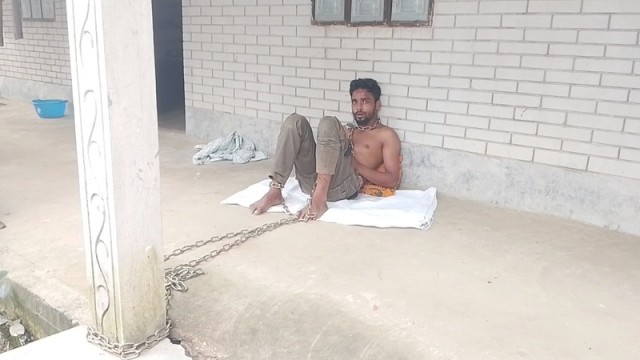
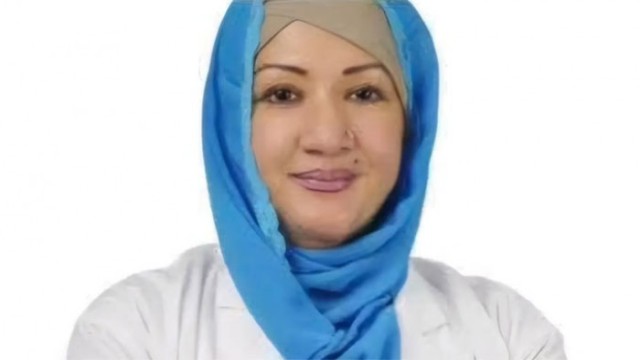
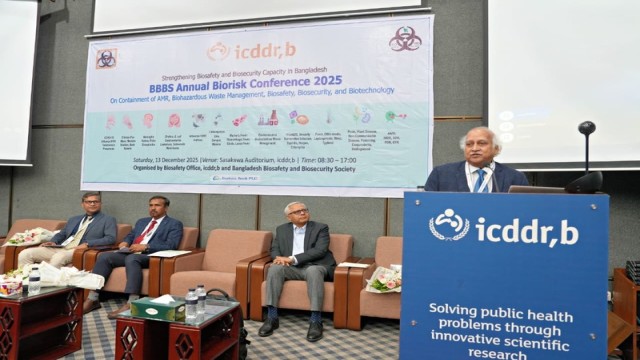
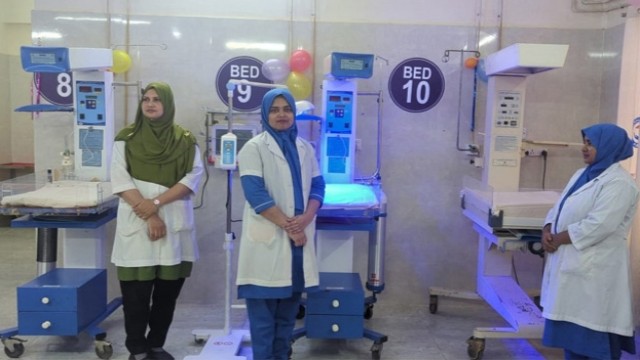
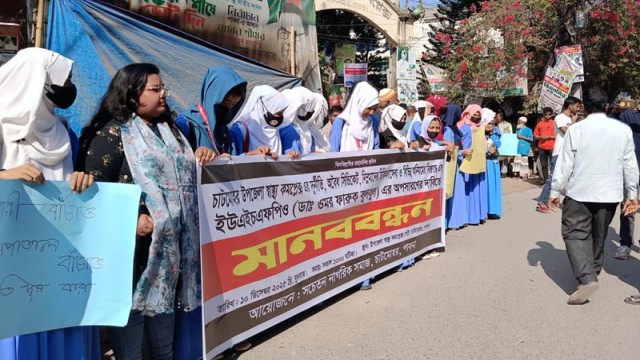
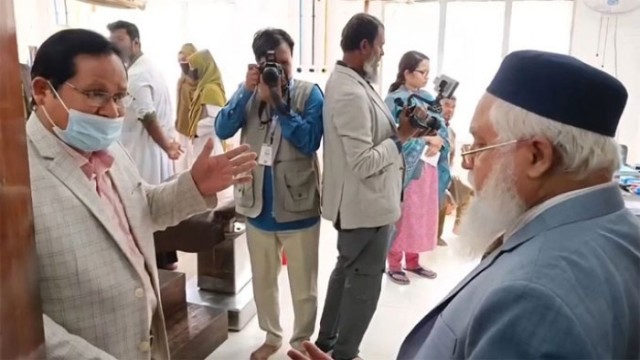
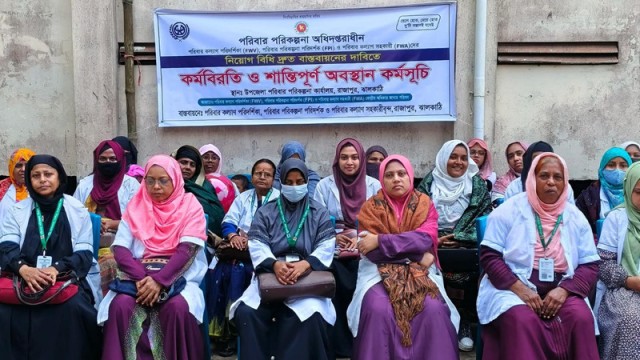
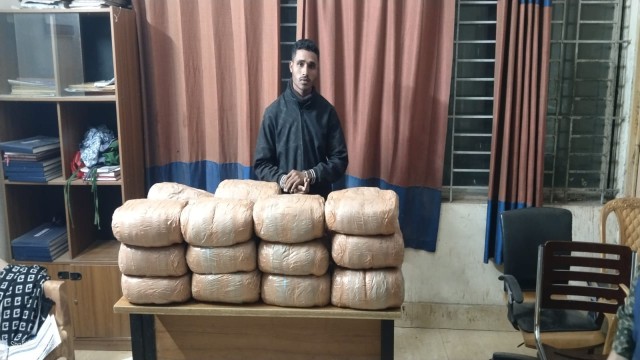
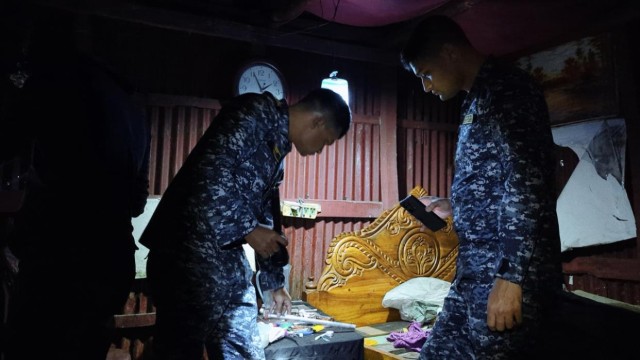
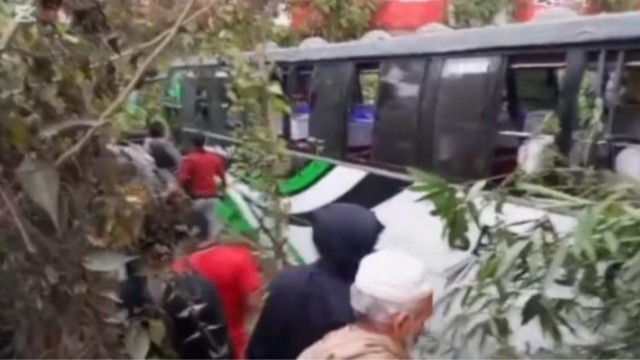

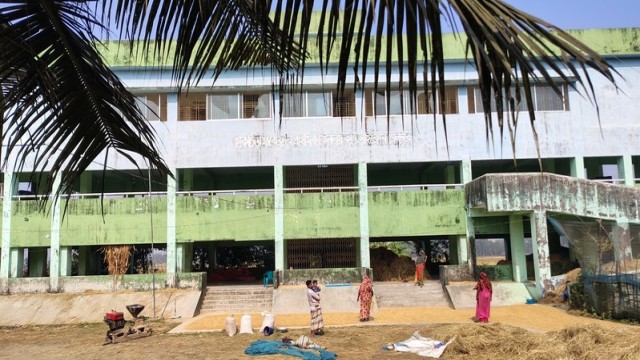
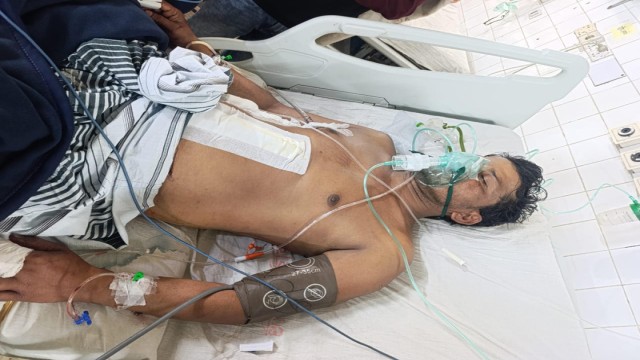
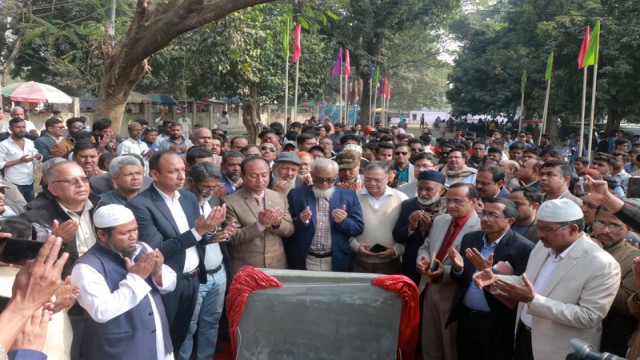
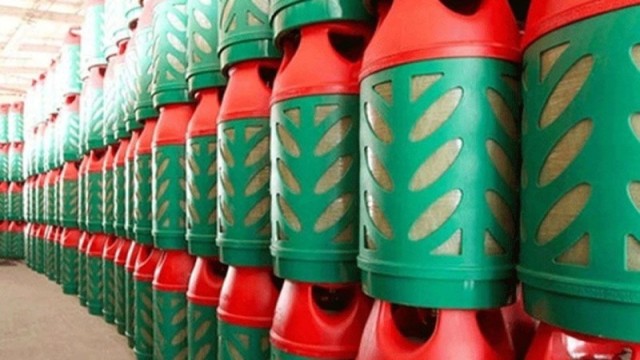
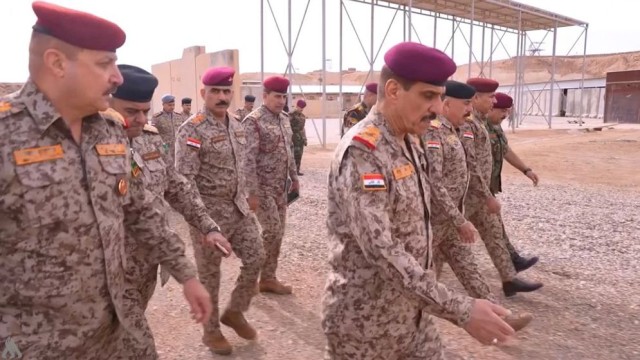
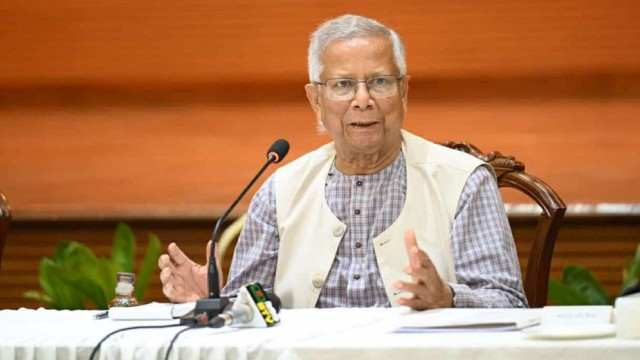


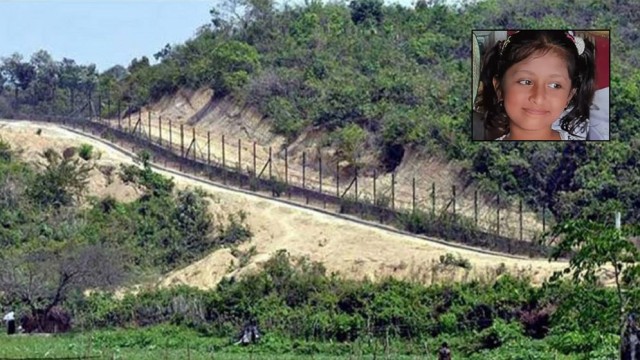
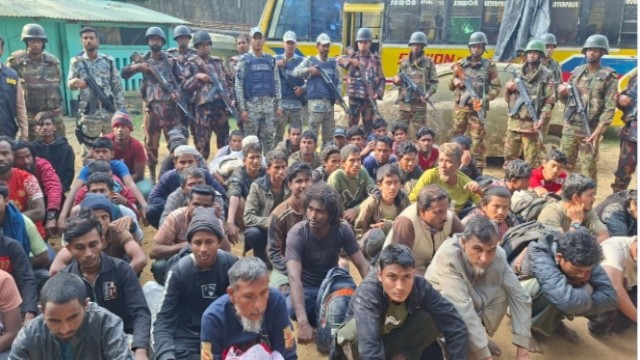
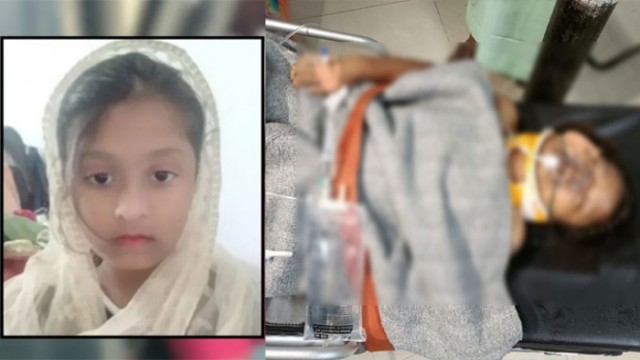
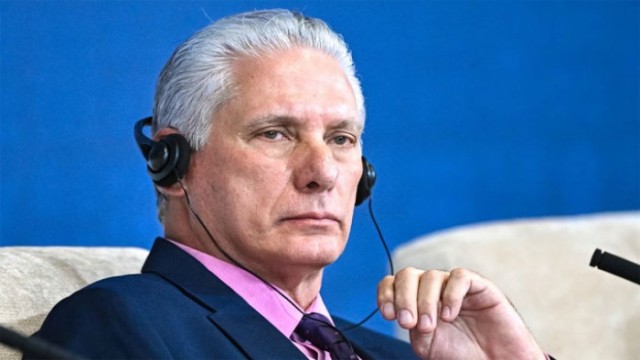
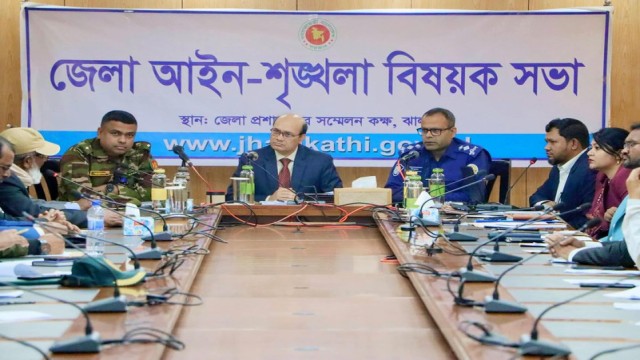
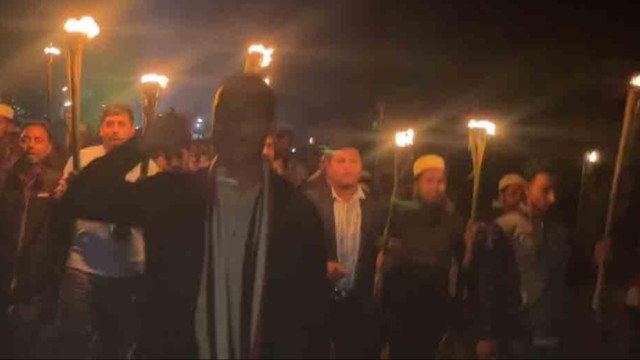
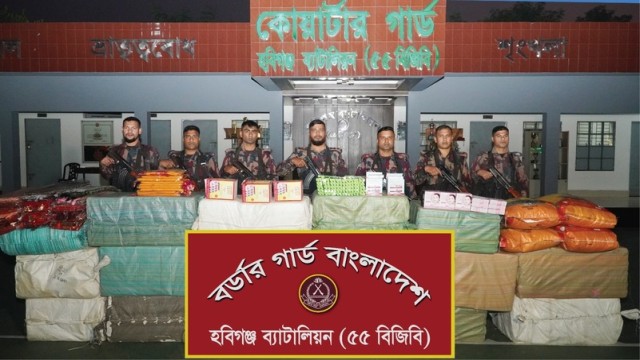
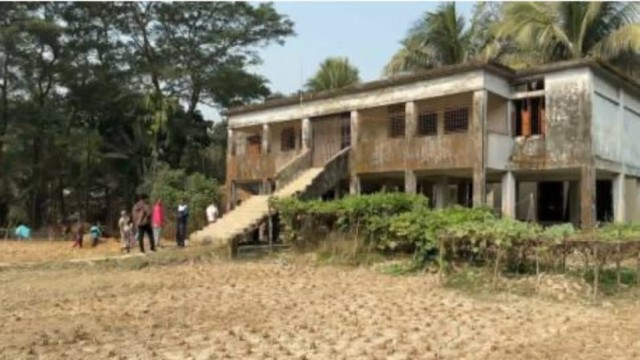
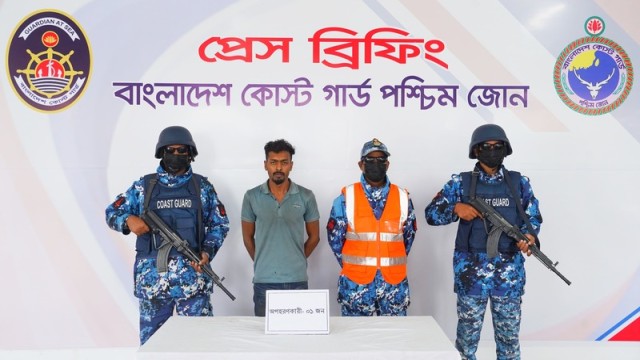
Comment: